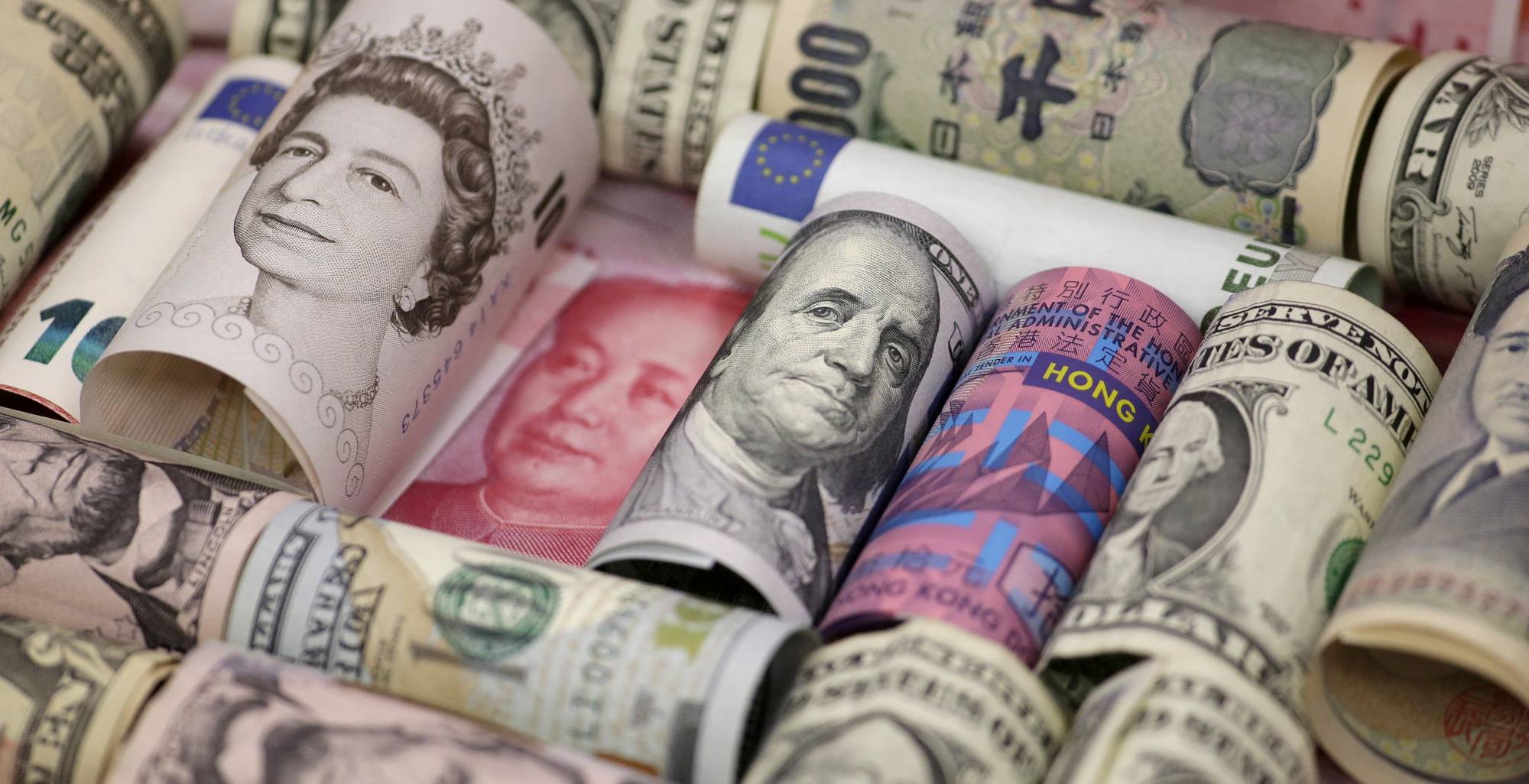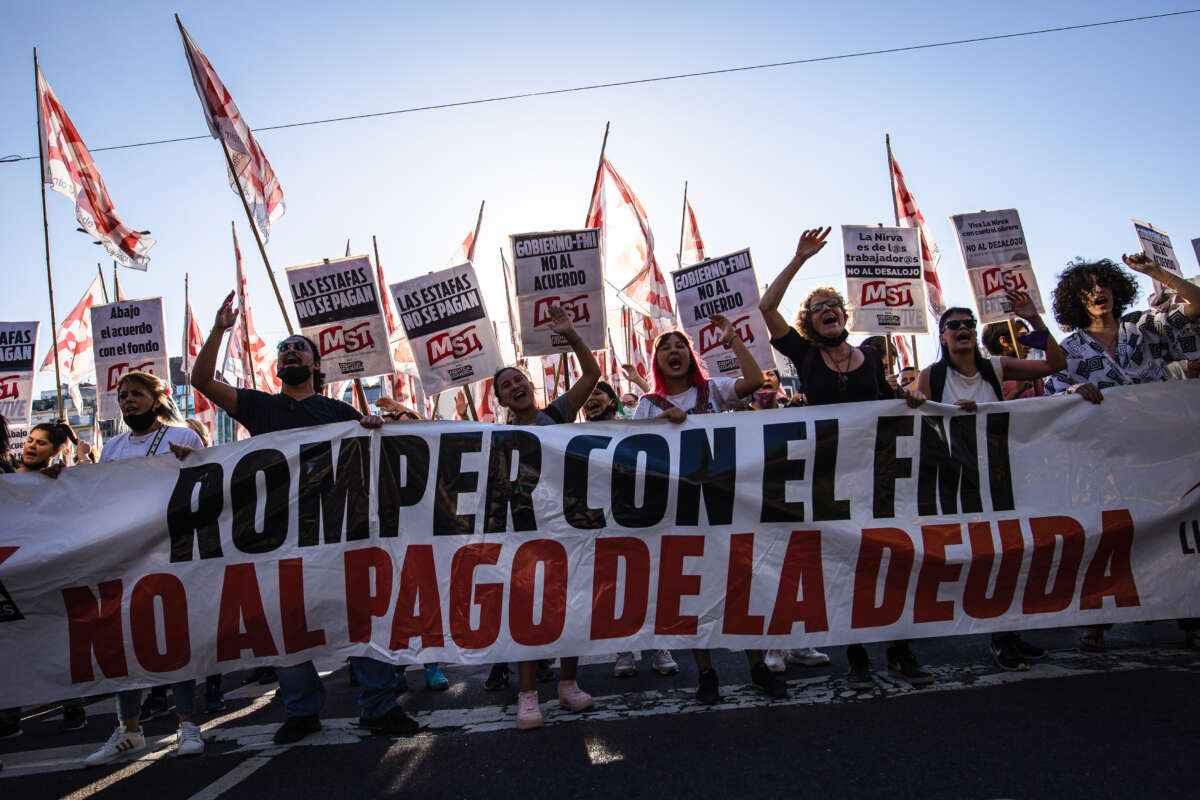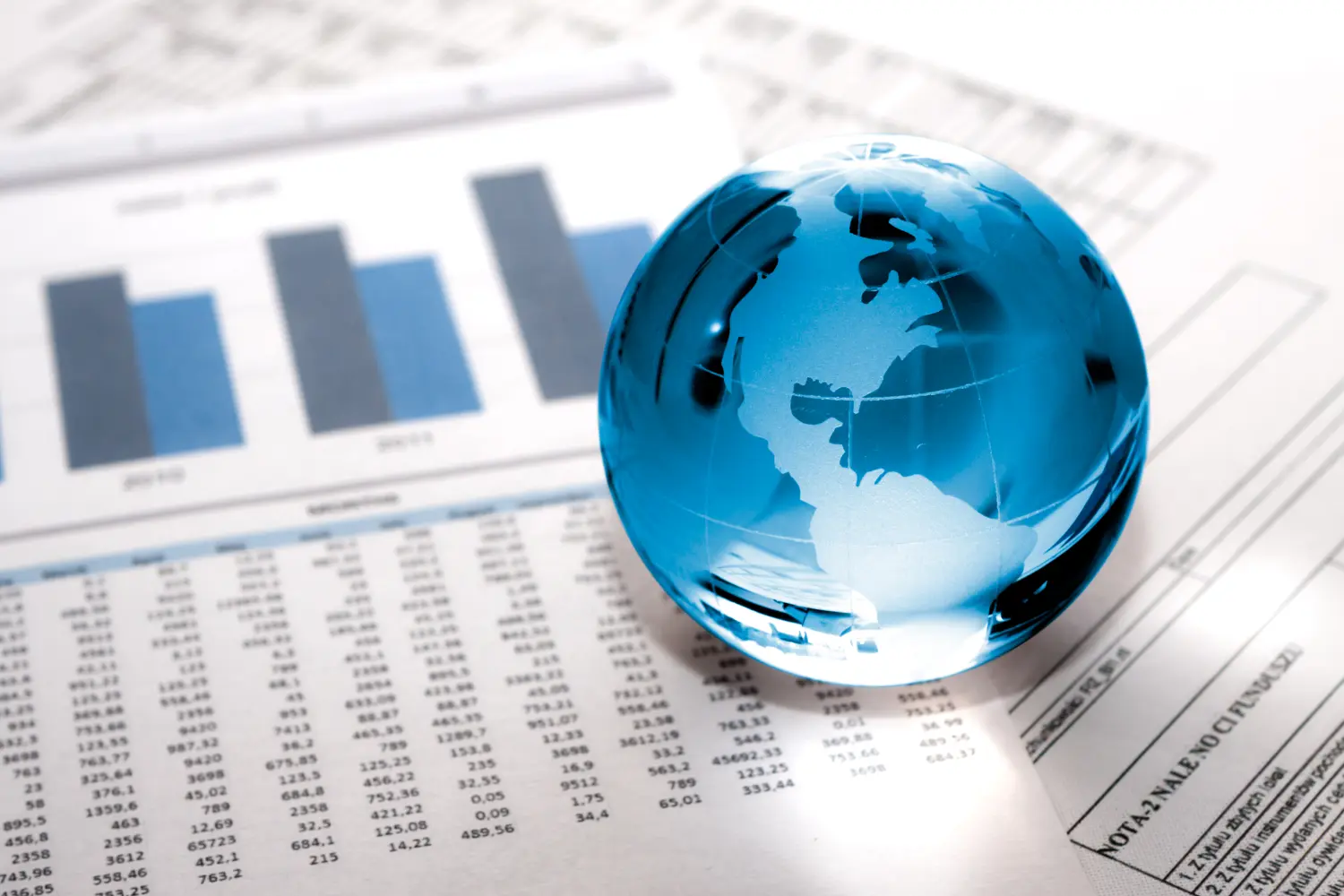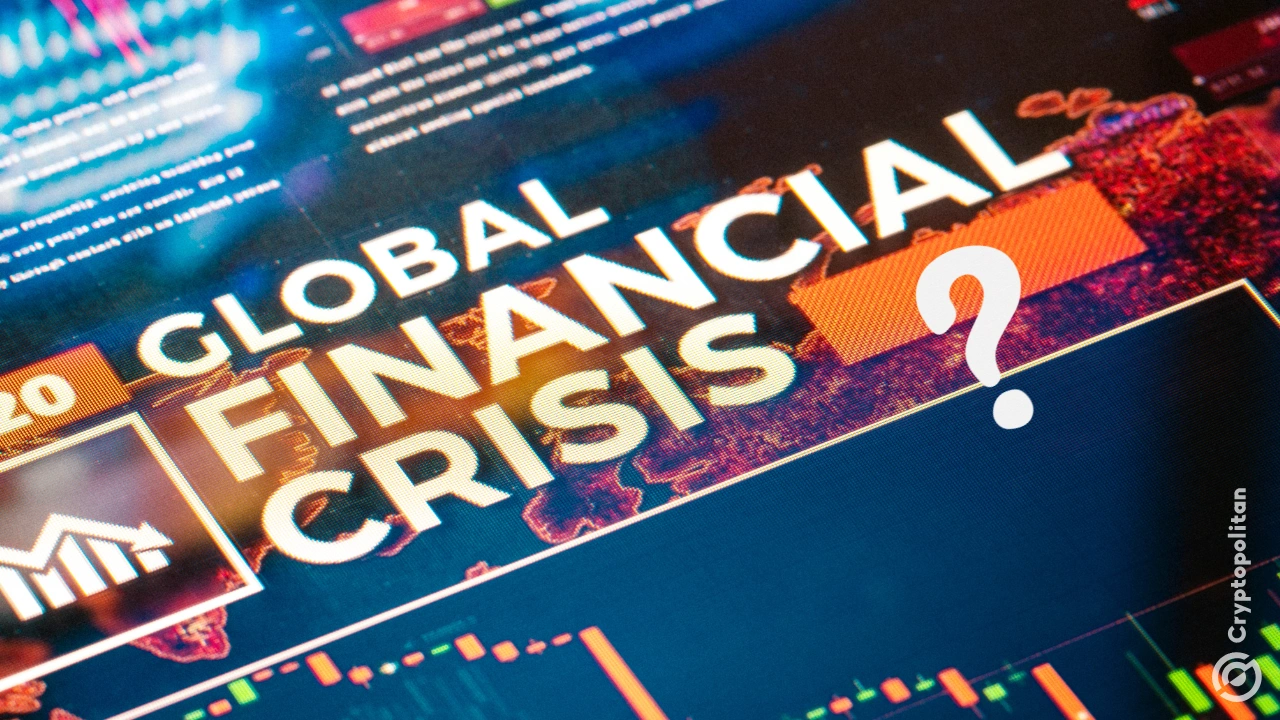
**Currency, Credit, and Central Banks in Crisis: Restoring Global Confidence**
One question emerges as the most pressing when financial vibrations transform into global earthquakes: **Can we continue to rely on the system?** The 2008 Global […]

One question emerges as the most pressing when financial vibrations transform into global earthquakes: **Can we continue to rely on the system?** The 2008 Global […]

One theme is becoming increasingly apparent as the global economy navigates the repercussions of the COVID-19 pandemic, geopolitical instability, and financial volatility: **recovery is not […]

In the face of escalating global crises, including climate change, financial instability, and fractured geopolitics, it is evident that the world is fragmenting quickly. However, […]

Moments of reckoning are financial crises. They frequently compel governments and institutions to take brave, decisive action, disrupt lives and livelihoods, and expose weaknesses […]

In times of economic turmoil, nations often turn to global institutions like the International Monetary Fund (IMF) for support. From currency crises to debt […]

The global economy is currently at a juncture. The economic order that once guaranteed shared prosperity appears to be increasingly fractured, with spiraling debt in […]

The consequences of a financial crisis are seldom contained within national borders. Capital departs emerging markets, stock markets tank globally, trade contracts are terminated, and […]

In 1944, as World War II was drawing to a close, 44 nations convened in a small community in New Hampshire to undertake an unprecedented […]

Financial crises frequently originate locally, but they rapidly disseminate globally. The collapse of a single banking sector, currency, or debt market can cause shockwaves that […]

The world economy is currently at a critical juncture in the aftermath of recent global financial shocks, which may have been precipitated by pandemics, conflicts, […]
Copyright © 2026 | WordPress Theme by MH Themes